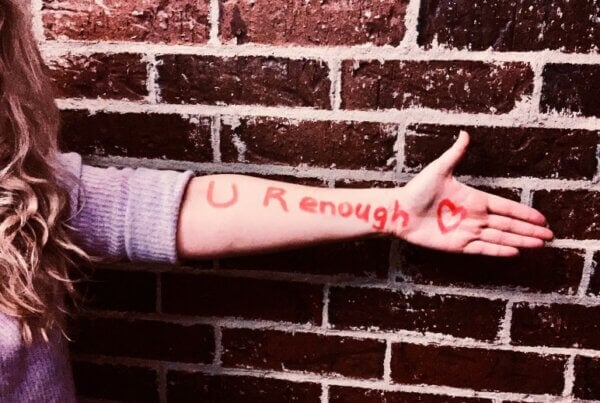Whitney Houston. A name synonymous with unparalleled vocal talent, breathtaking beauty, and a heartbreaking descent into addiction that culminated in her tragic death in 2012.
But beyond the tabloid headlines and glitzy persona, Houston’s story whispers a truth far deeper, a truth about the insidious link between trauma, addiction, and a system ill-equipped to handle the delicate dance of recovery.

Whitney Houston candidly addresses the misconceptions about addiction recovery within the music industry, underscoring the need for trauma-informed approaches over 30-day detox programs.
Houston spoke of the shadows that haunted her in her own words: “I have a lot of baggage. I have a lot of hurt. I have a lot of pain.” These weren’t mere platitudes; they were echoes of childhood marked by sexual abuse, family dysfunction, and the pressure of an unrelenting music industry. This wasn’t uncommon. Studies by the National Center for PTSD reveal that a staggering 67% of people struggling with addiction report experiencing at least one traumatic event. Trauma weaves a web of emotional dysregulation, making individuals more susceptible to the numbing allure of substance abuse.
Houston wasn’t alone in her struggle.
Hollywood is rife with similar tales of drinking and drugs beyond experimental use. Actor Philip Seymour Hoffman, clean for 23 years, relapsed and tragically died just months after a 30-day rehab stint. His peers and team noticed Mathew Perry to have a substance use disorder, but nowhere was it seen to have made a significant pause to attend to his needs. There are rumors that Narcan was used to revive Madonna from sepsis, yet Naloxone is used mainly for opiate overdose. The brutal reality is that recovery isn’t a 30-day sprint; it’s a grueling marathon. Early sobriety is a fragile ecosystem, a foundation laid on shaky ground. The first year, especially the first six months, is crucial. Yet, the industry, and often society at large, operates on a callous timeline, pushing artists back into the spotlight before the wounds have even begun to heal.
Imagine stepping off a tightrope, your legs wobbly, your senses overloaded. That’s what early sobriety feels like. Tossing someone back into the maelstrom of concerts, interviews, and public scrutiny during this critical period is akin to throwing them back onto the tightrope blindfolded. The pressure is immense, the temptation to numb the overwhelm suffocating. Is it any wonder relapses occur?
Whitney Houston craved normalcy, a chance to heal beyond the spotlight’s glare. In 2009, she entered a six-month outpatient program, a glimmer of hope extinguished when, as her mother, Cissy Houston, revealed, “the pressure to get back to work” became overwhelming. This pressure isn’t just financial; it’s the fear of fading relevance, of being replaced by the next shiny star. The industry thrives on immediacy, consuming and discarding talent like a bottomless pit.
But what if we, as a society, redefined success? What if we valued the invisible battle scars of trauma and addiction, recognizing that true healing takes time, patience, and unwavering support? Early sobriety needs a nurturing environment, not the cacophony of the fast lane. Sober living facilities, regular therapy sessions, and a strong support network of peers and loved ones are the cornerstones of recovery, not afterthoughts.
Houston’s tragedy wasn’t just hers; it was a stark reminder of a system prioritizing profit over people’s headlines over getting sober. We need a fundamental shift, a recognition that artists, like everyone else struggling with addiction, deserve the time and resources to rebuild their lives on a solid foundation. Let Whitney Houston’s story be a catalyst for change, a call to action for an industry and a society that finally understands the true meaning of recovery and the time it takes to reclaim the light from the shadows.
Remember, recovery isn’t a linear path; it’s a winding journey with setbacks and triumphs. Let’s honor the Whiney Houstons of the world by creating a space where healing can truly take root, where 30 days isn’t the finish line but the starting point on a long road towards wholeness.
By Valerie T.


